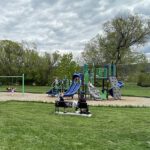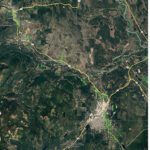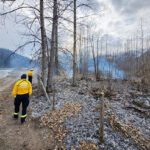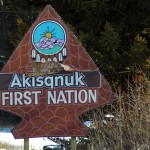Home »

Regional composting one step closer to reality
The Regional District of East Kootenay (RDEK) will now begin more detailed planning for a regional composting program after its application for two-thirds funding was approved by the province through the Organics Infrastructure Program.
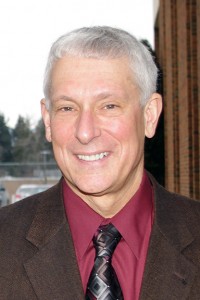
“Over the past year and a half, we have been undertaking a review of our Solid Waste Management Plan (SWMP). We are all committed to reducing the amount of waste we bury and organics currently represent 29% of the waste going into our landfills. Developing a regional program that gives people an option to keep organics out of the landfill presents a significant opportunity to move us forward in our waste management,” said RDEK Board Chair and Electoral Area C Director Rob Gay. “This would not be possible without the funding support we are receiving today and we want to acknowledge and thank the provincial and federal governments.”
In cooperation with its Community Energy Manager, the RDEK has previously undertaken two pilot composting projects. During the SWMP review, the RDEK also received strong support from the public for composting options. In the recycling services surveys, over 81% of respondents supported centralized composting of yard waste and 78% supported centralized composting of food waste.
“We received over 500 comments from people supporting composting in some capacity,” added Gay. “We recognize there is a desire in the region and a benefit in terms of the impact on our landfills; however, we also understand the importance of keeping any new service as affordable as possible, which is why today’s funding announcement is so significant.”
The regional composting project will establish the capital infrastructure to support a composting facility in each of the three subregions (Columbia Valley, Elk Valley and Central). The total project cost is estimated at just under $3 million and has received two-thirds funding through the Organics Infrastructure Program grant. The RDEK will continue to seek additional funding to help offset its one-third portion of the project cost.
“This is just the beginning. Now the real work will begin,” said Gay.
RDEK staff will work with the Community Energy Manager, member municipalities and regional partners in 2020 to complete detailed planning and determine an operational model. Once detailed design has been completed, construction would follow, likely in 2021.
RDEK
